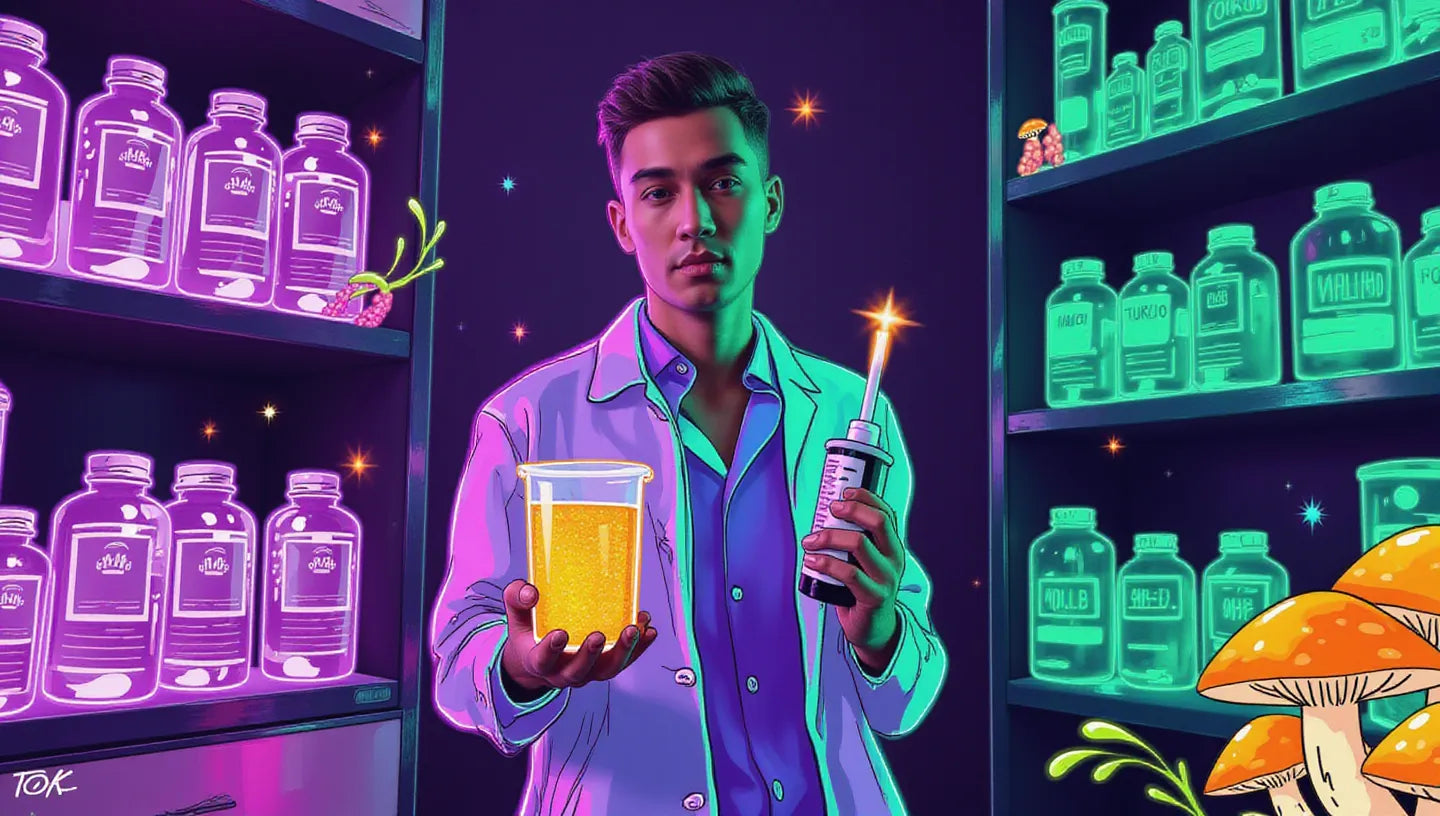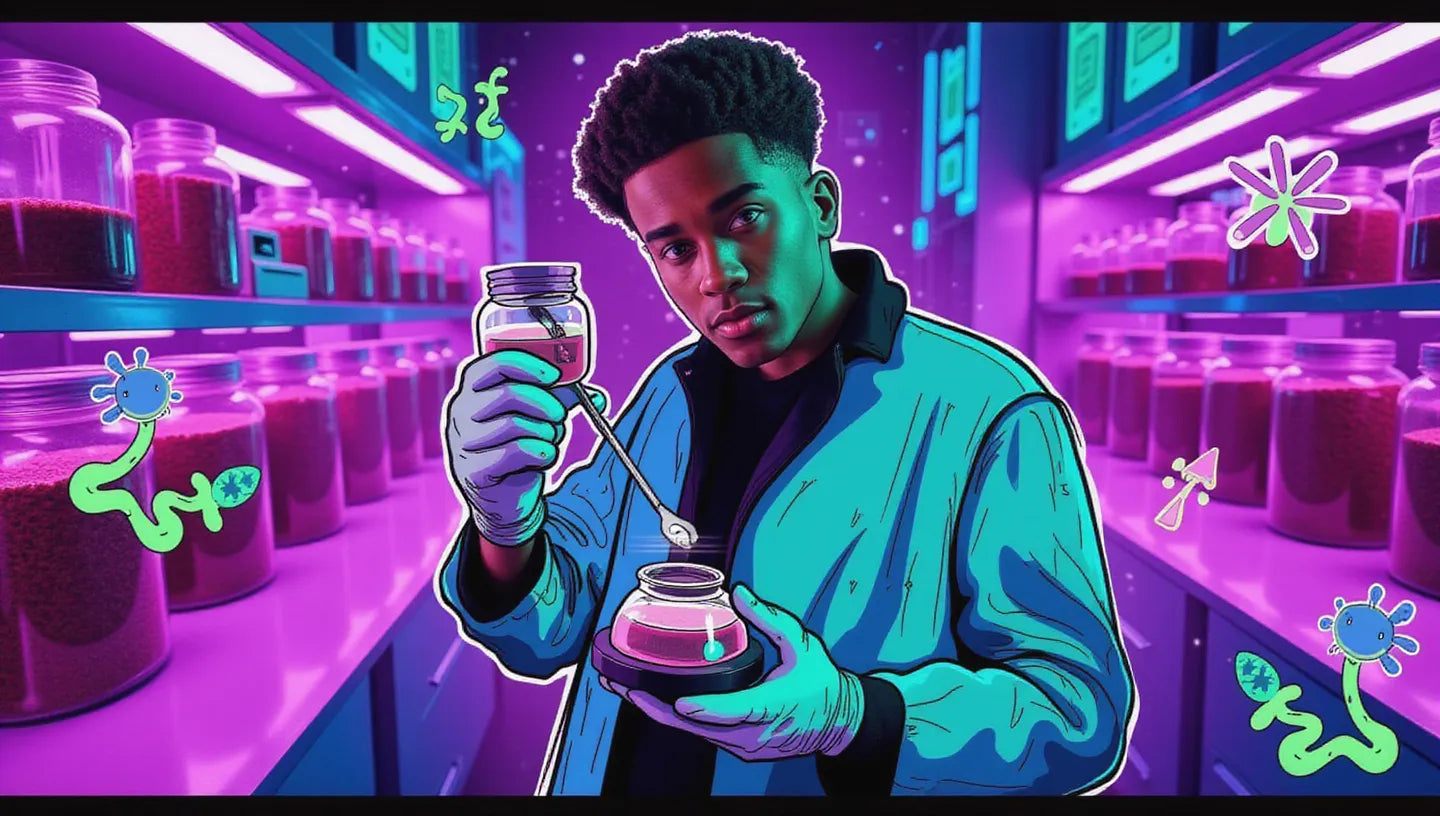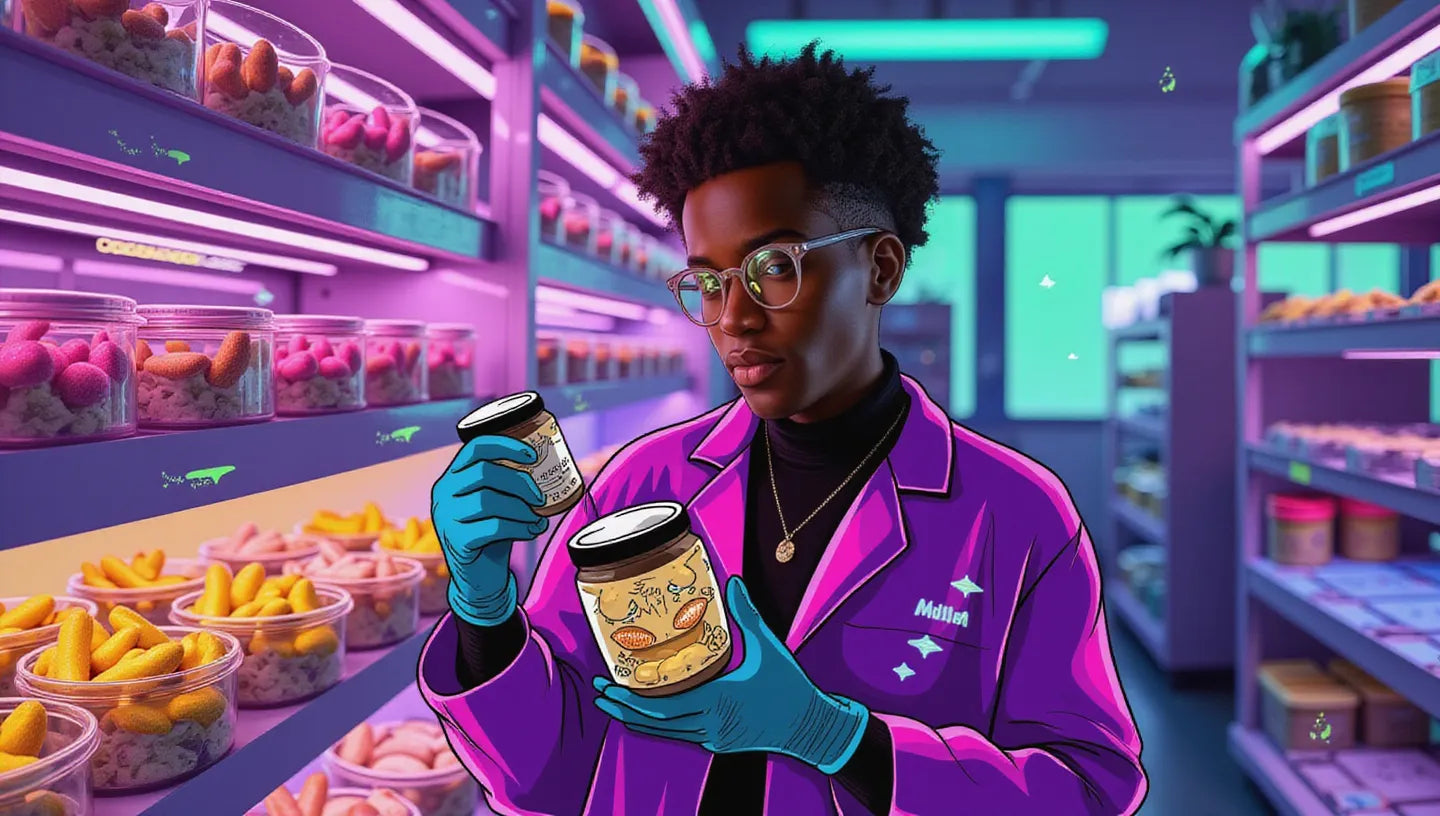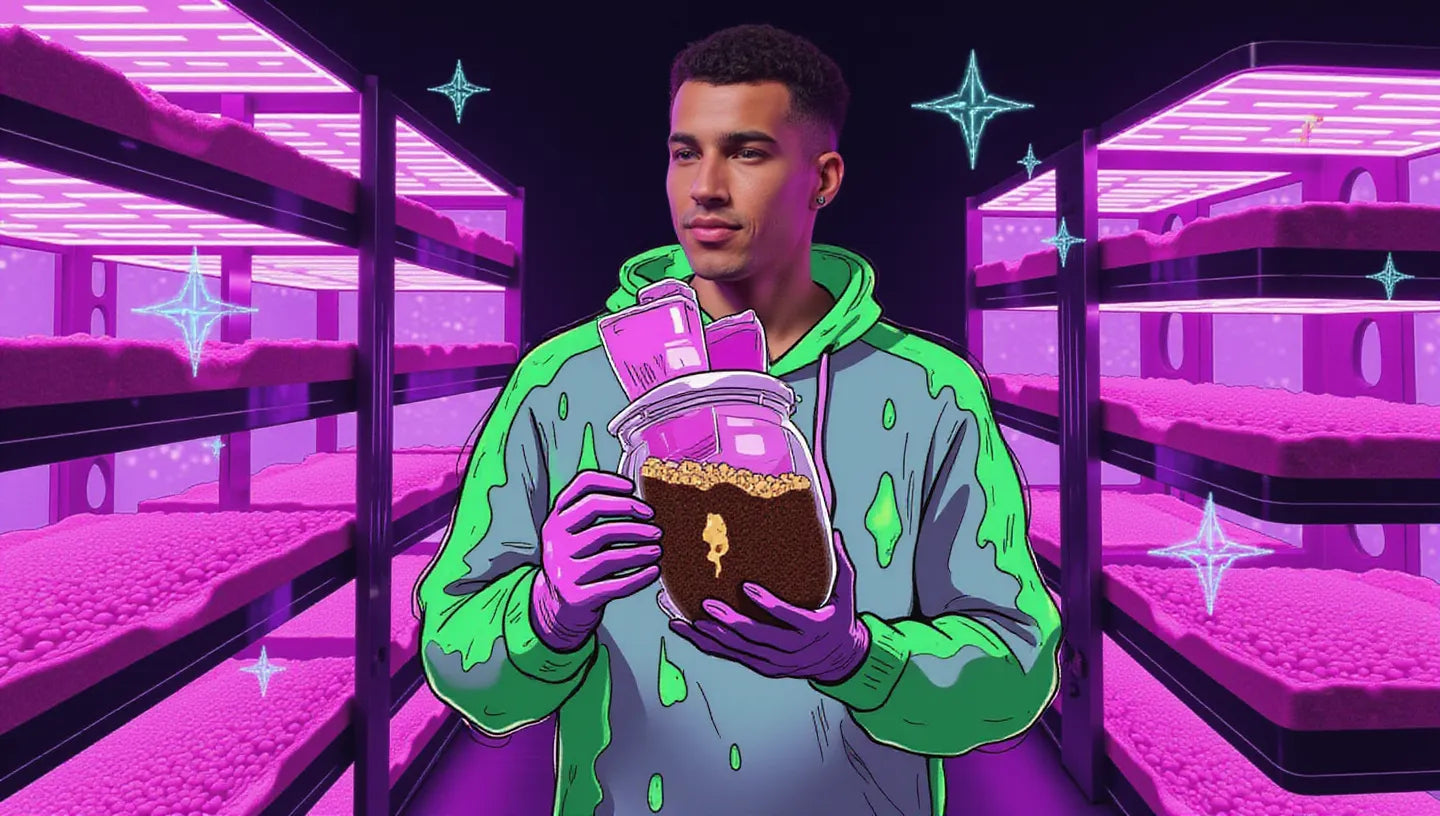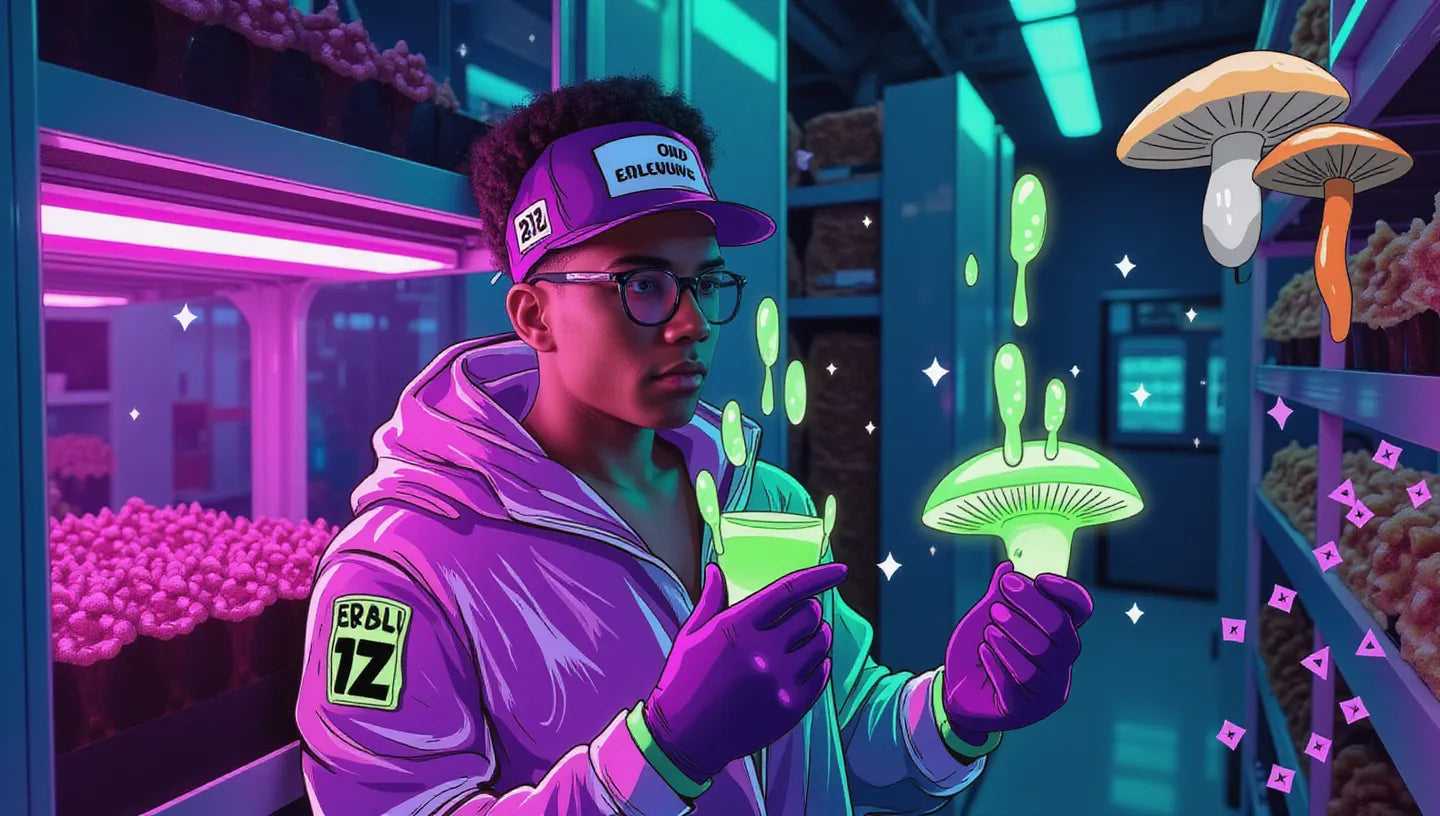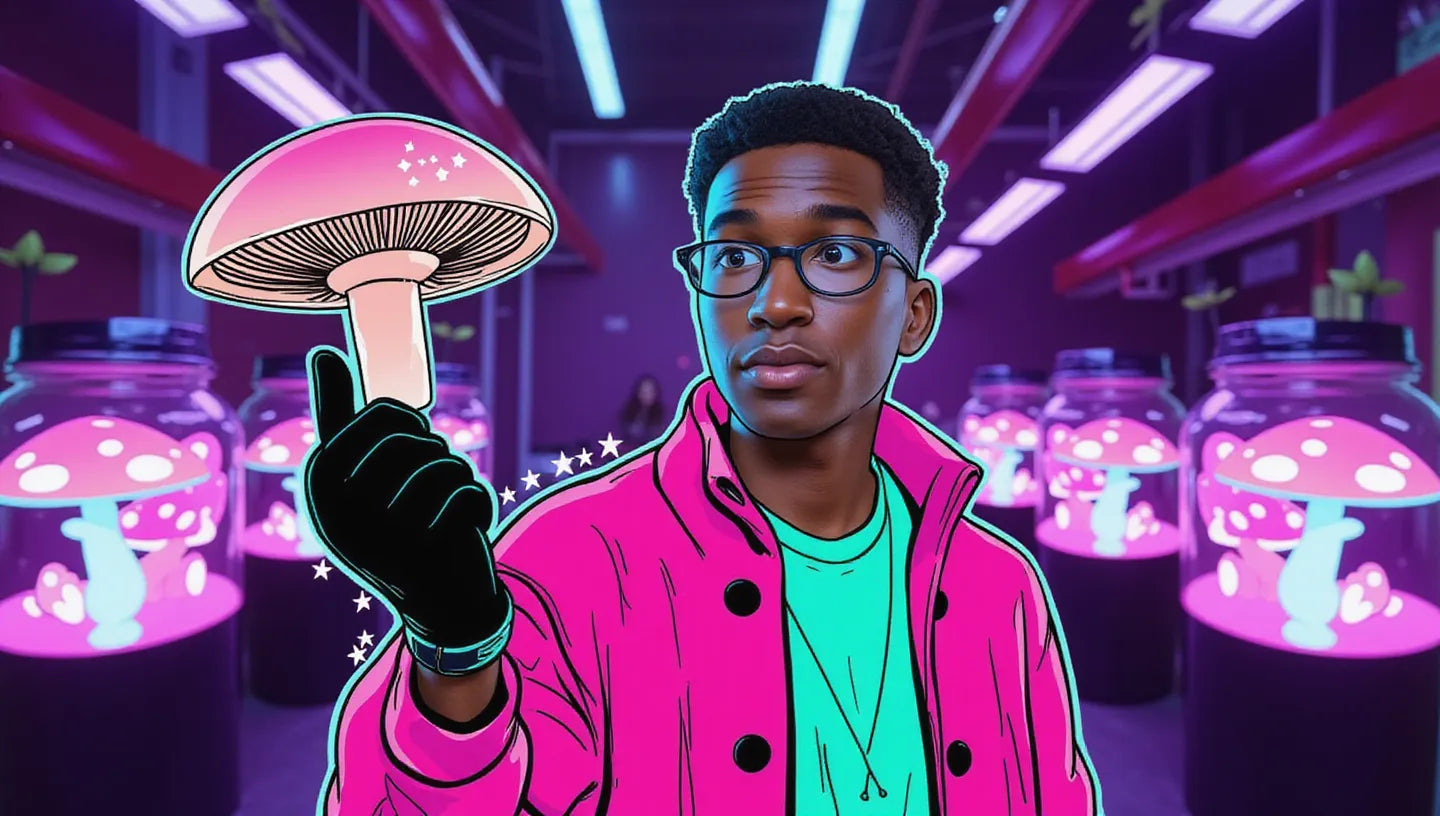Mushroom Blog
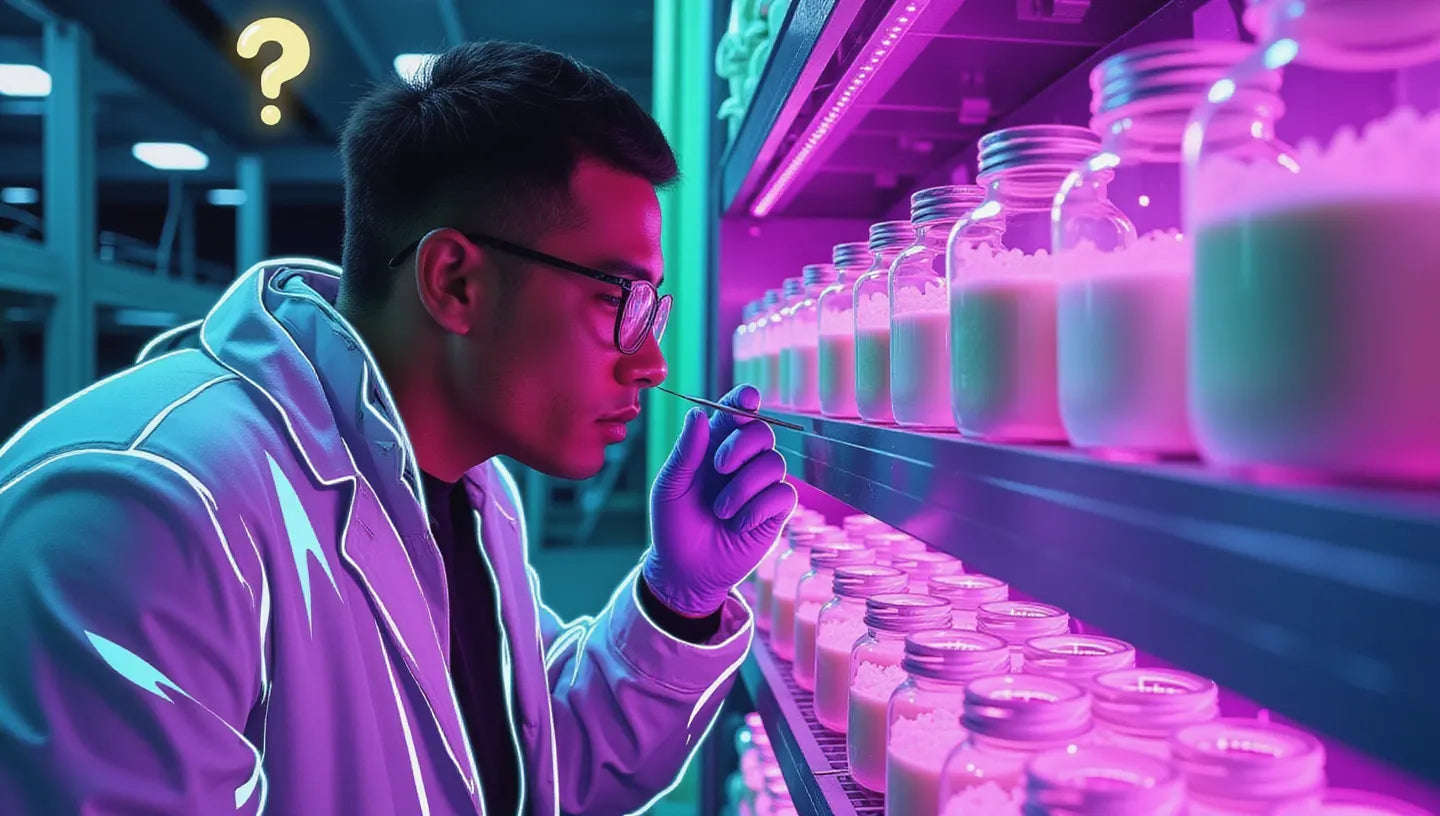
No Mycelium After Inoculation?
No mycelium after four weeks? Learn why your mushroom kit stopped growing and how to fix it—covering contamination, storage, spores, and grow conditions.

Mushroom Computers: Can Fungi Replace Metals?
Fungal mycelium can act as living circuits, powering biodegradable mushroom computers that sense, learn, and reshape the future of sustainable technology.
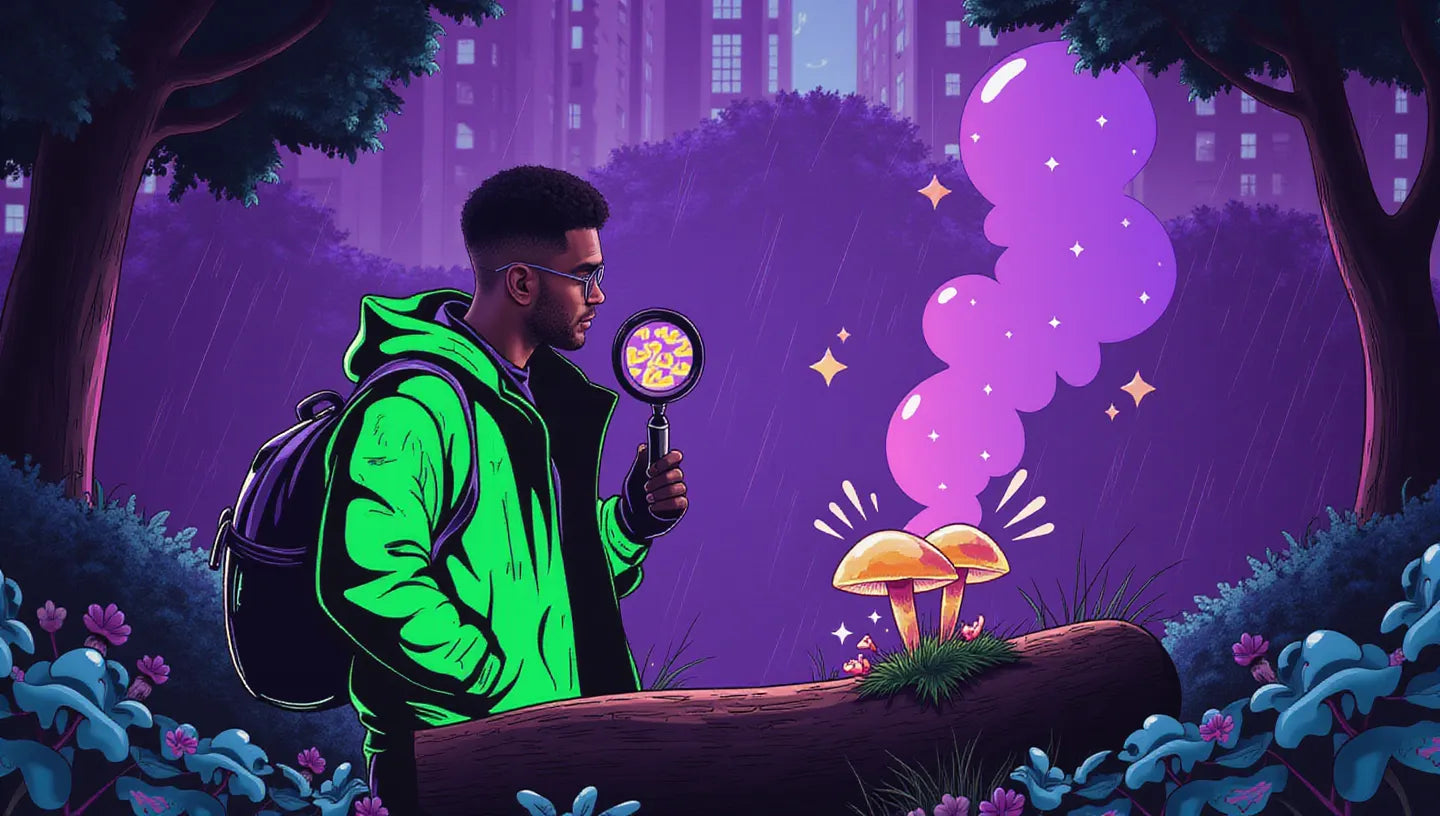
Do Mushroom Spores Really Make Rain?
Mushroom spores may help form clouds and trigger rainfall, linking fungi to Earth's weather cycles and showing how biodiversity shapes local climates.

Mushroom Processing: What Are the Newest Methods in 2025?
Discover the newest mushroom processing technologies—from PEF and HPP to Cold Plasma and nano-powders—boosting nutrition, safety, and sustainability.
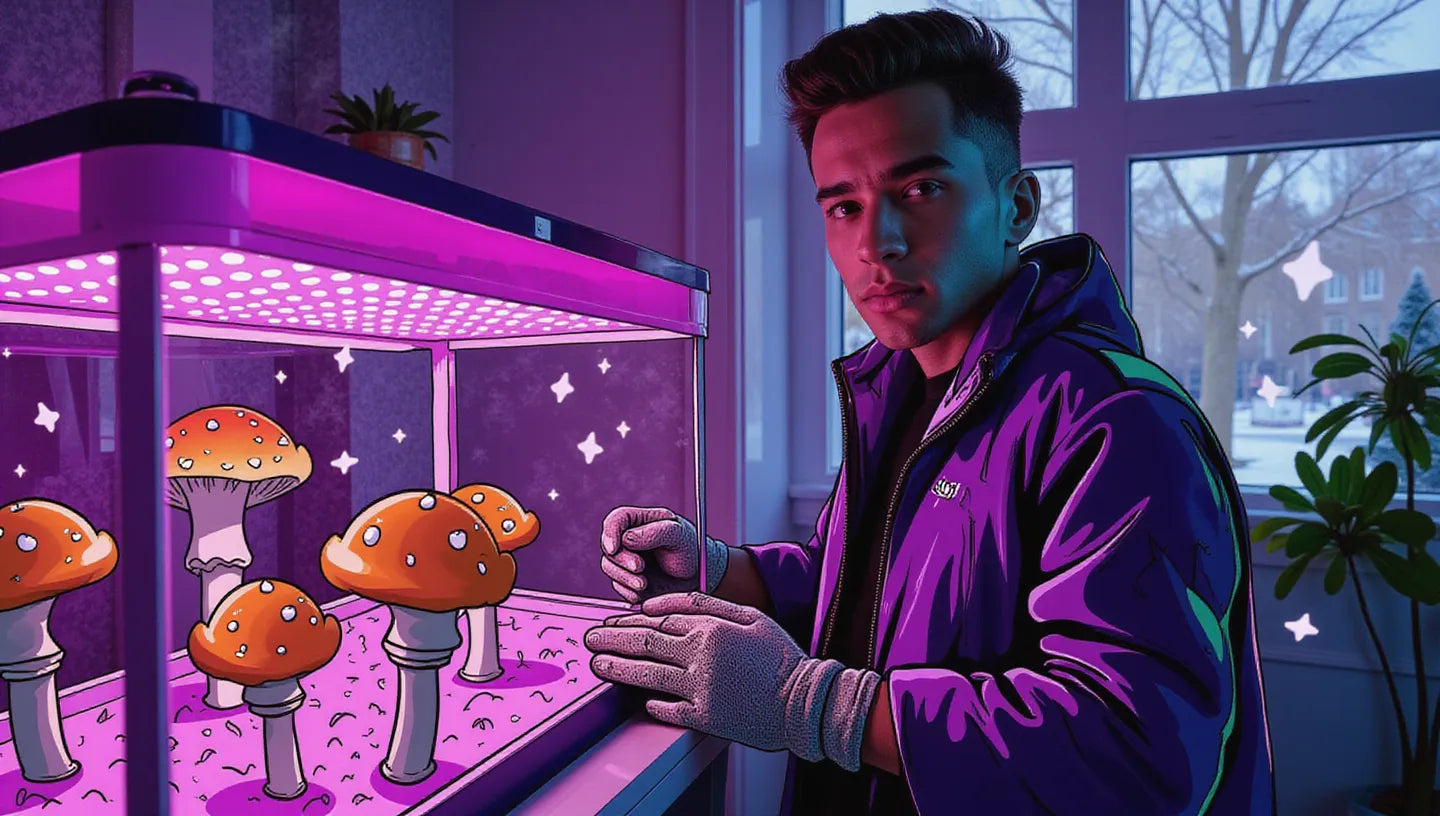
Growing Mushrooms in Winter: Is It Possible?
Winter is perfect for growing mushrooms indoors. Learn how to grow Oyster, Shiitake, and Enoki in cold weather with ideal humidity and simple setup tips.

Mushrooms for Hair Loss: Do They Really Work?
Discover how reishi, lion’s mane, shiitake, and other medicinal mushrooms support hair growth by balancing hormones, reducing stress, and boosting scalp health.
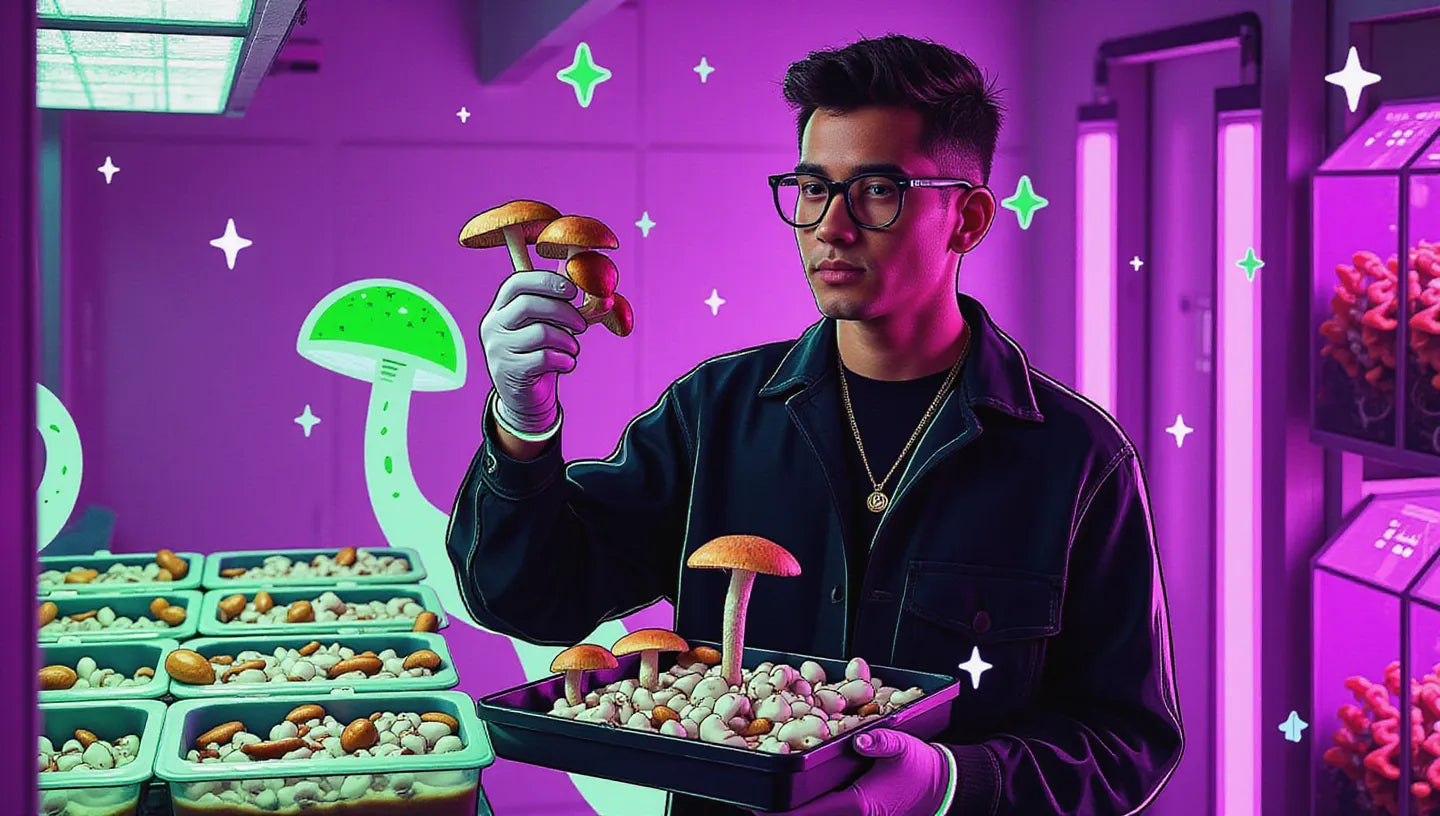
Mushrooms and Vitamin D: Can Sunlight Boost Their Value?
Learn how UV-B light helps mushrooms naturally produce vitamin D2—boosting nutrition, wellness, and plant-based vitamin D intake at home.
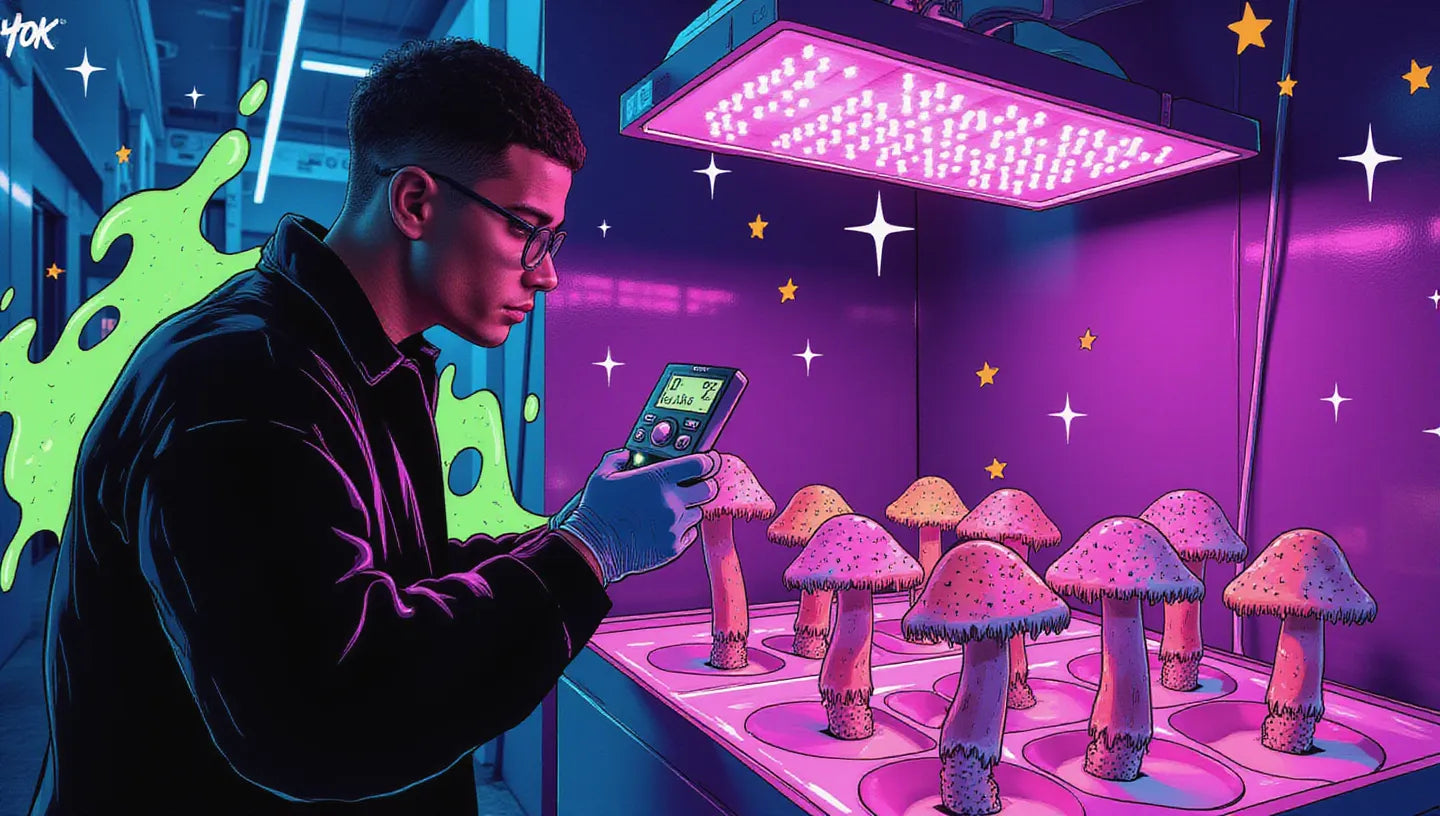
Mushroom Growing Troubleshooting: What's Going Wrong?
Learn to identify and fix common mushroom growing problems—contamination, stalled mycelium, bad airflow, and humidity issues—step by step.
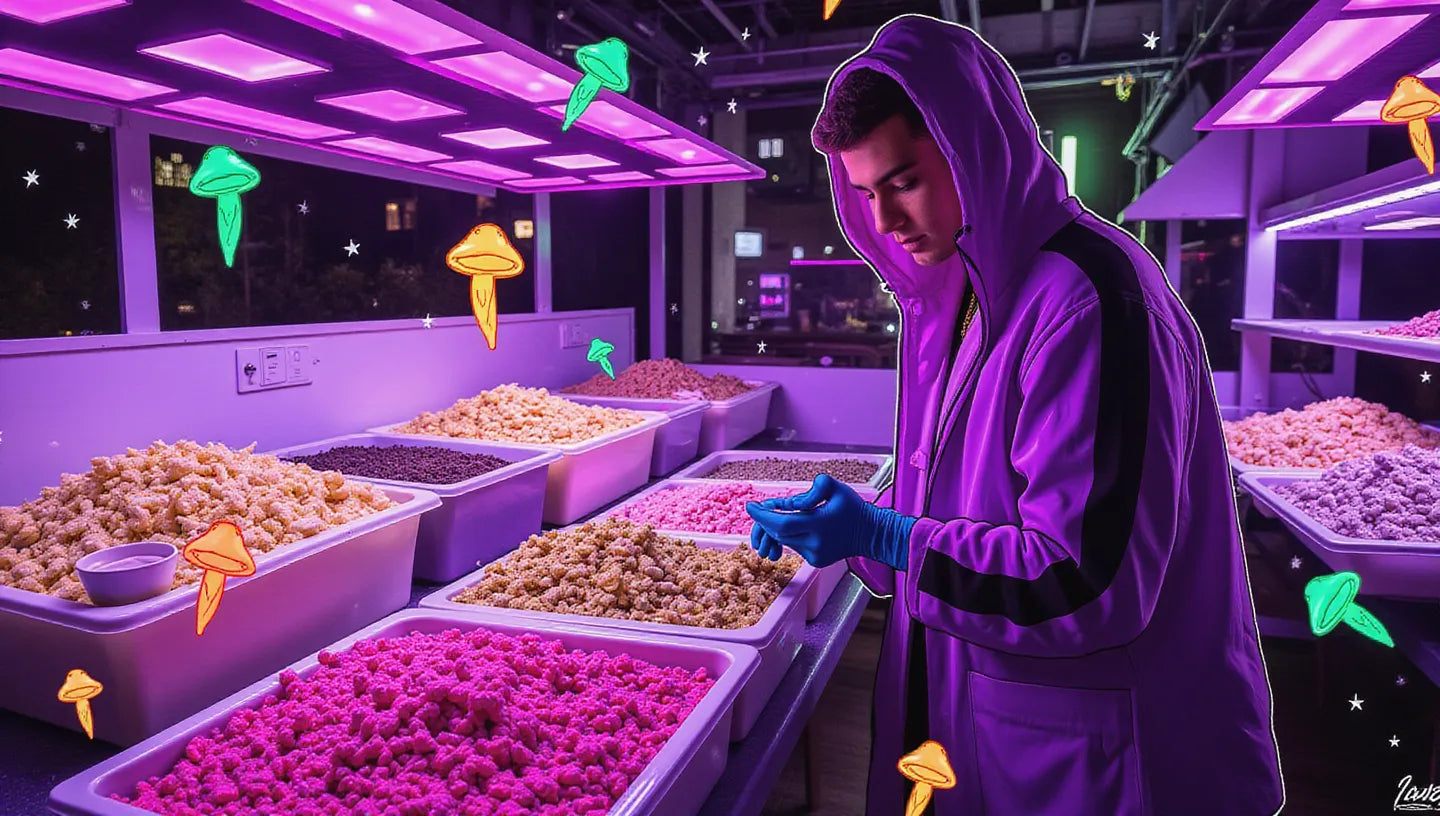
What’s the Best Mushroom Substrate for Growth?
Learn how the right mushroom substrate boosts growth, yield, and contamination control with nutrient-balanced blends and proper sterilization methods.

Red Mushrooms: Are They Edible or Deadly?
Explore edible red mushrooms like Ox Tongue, Lobster, and Caesar’s Mushroom—unique in flavor, texture, and color but best foraged with care.

Hormonal Imbalance: Can Mushrooms Help Fix It?
Discover how medicinal mushrooms like Reishi, Cordyceps, Lion’s Mane & Chaga support hormone balance, reduce stress, and strengthen your endocrine health naturally.

Mushrooms and Motherhood: Are They Safe?
Learn which mushrooms are safe during pregnancy, how they support fertility and recovery, and which types to avoid for a healthy, mindful motherhood.
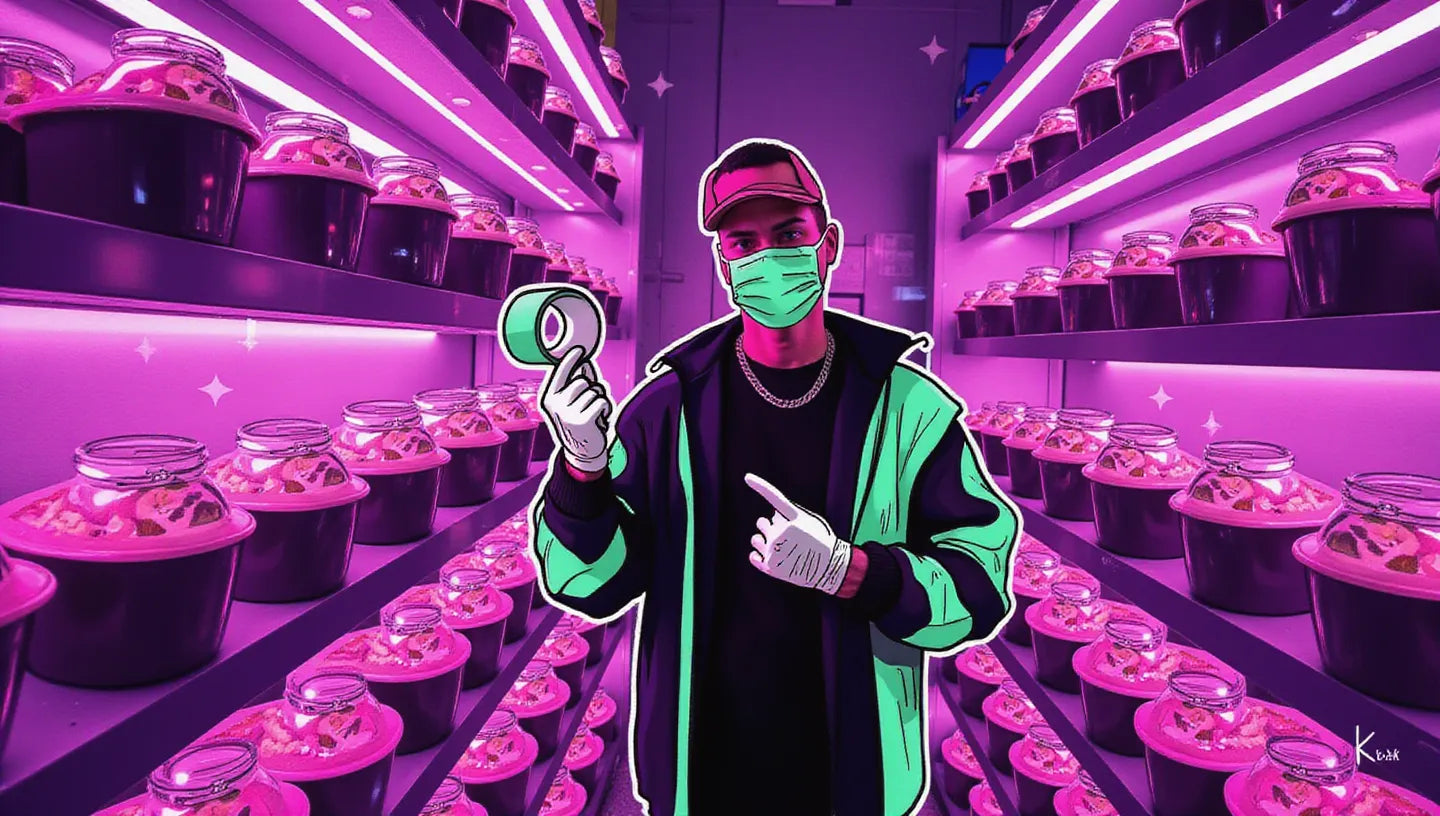
Breathable Tape for Mushrooms: Worth the Hype?
Learn how breathable tape improves air exchange, reduces contamination, and boosts mushroom yields for cleaner, more efficient home grows.
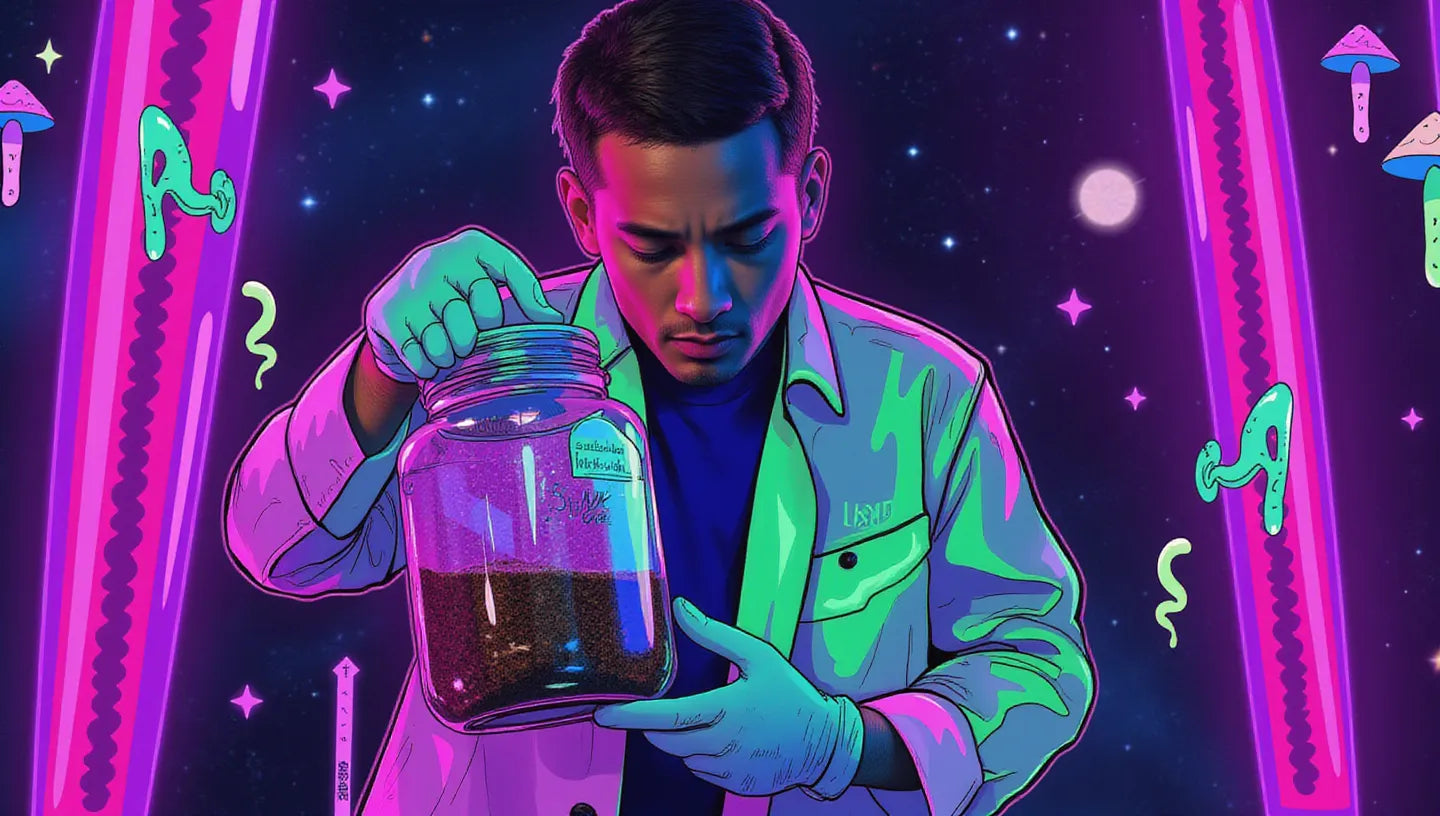
Mycelium Growth: Why It Stopped After Shaking?
Understand why your mycelium stalled after shaking, how to recover tap-in production, and prevent contamination in your next grow.
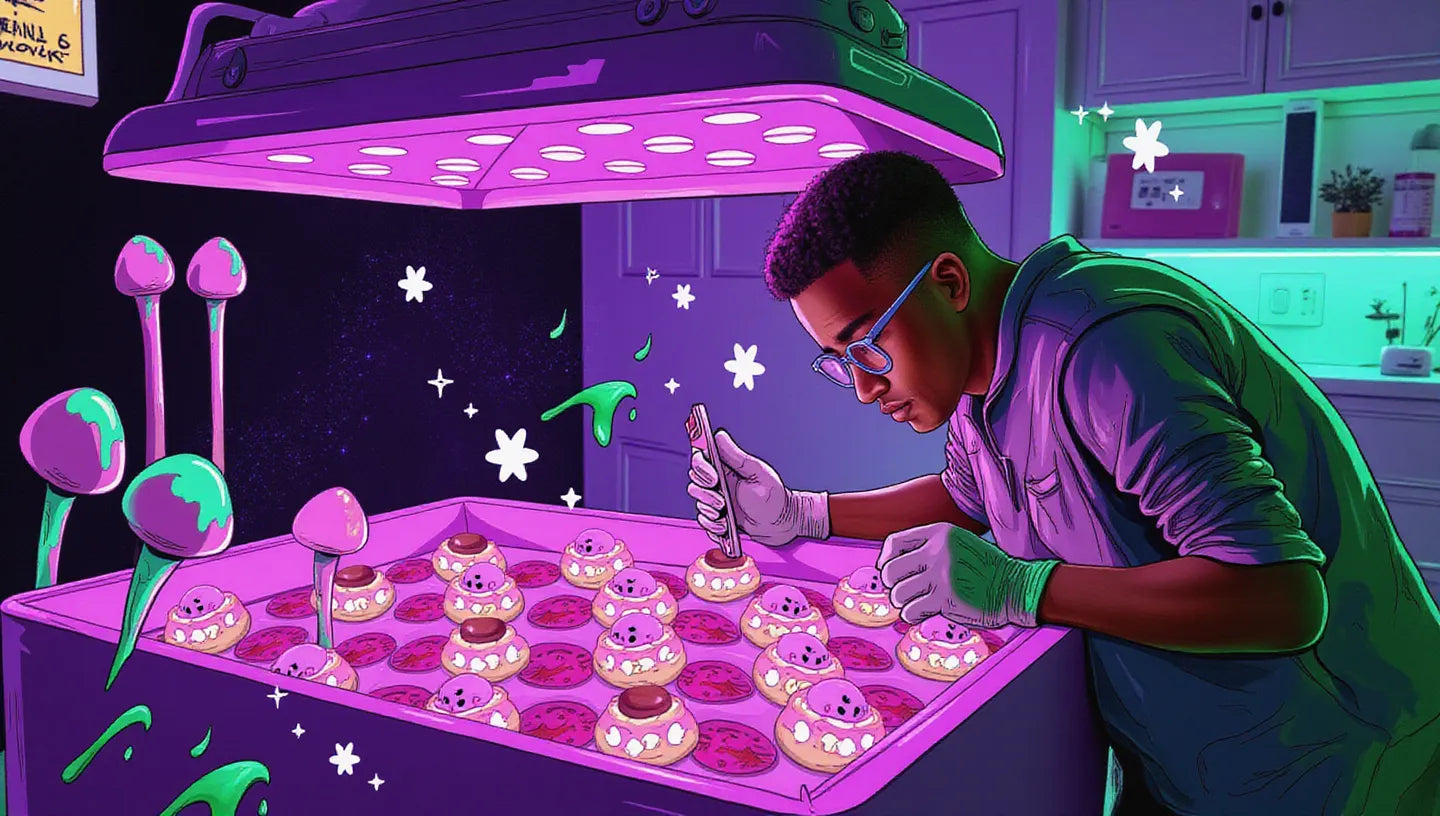
Monotub Mushroom Cultivation: Is Fresh Air Exchange Key?
Learn how proper airflow and fresh air exchange in a DIY monotub boost mushroom growth, prevent contamination, and improve your overall yields.

Mushroom Growth Patterns: What Do Clusters Mean?
Learn how mushrooms grow in groups, what their patterns reveal about mycelium, and how to apply these insights to improve your home grow kits.

How to Wash Mushrooms: Should You Use Water?
Washing mushrooms the right way keeps them clean, safe, and tasty. Learn how to rinse, brush, and dry store-bought, homegrown, and wild mushrooms properly.

Mushroom Allergy Symptoms: Do You Have It?
Learn how to spot, test, and manage mushroom allergies safely. Stay informed and grow smarter with ZombieMyco’s allergen-safe grow gear.
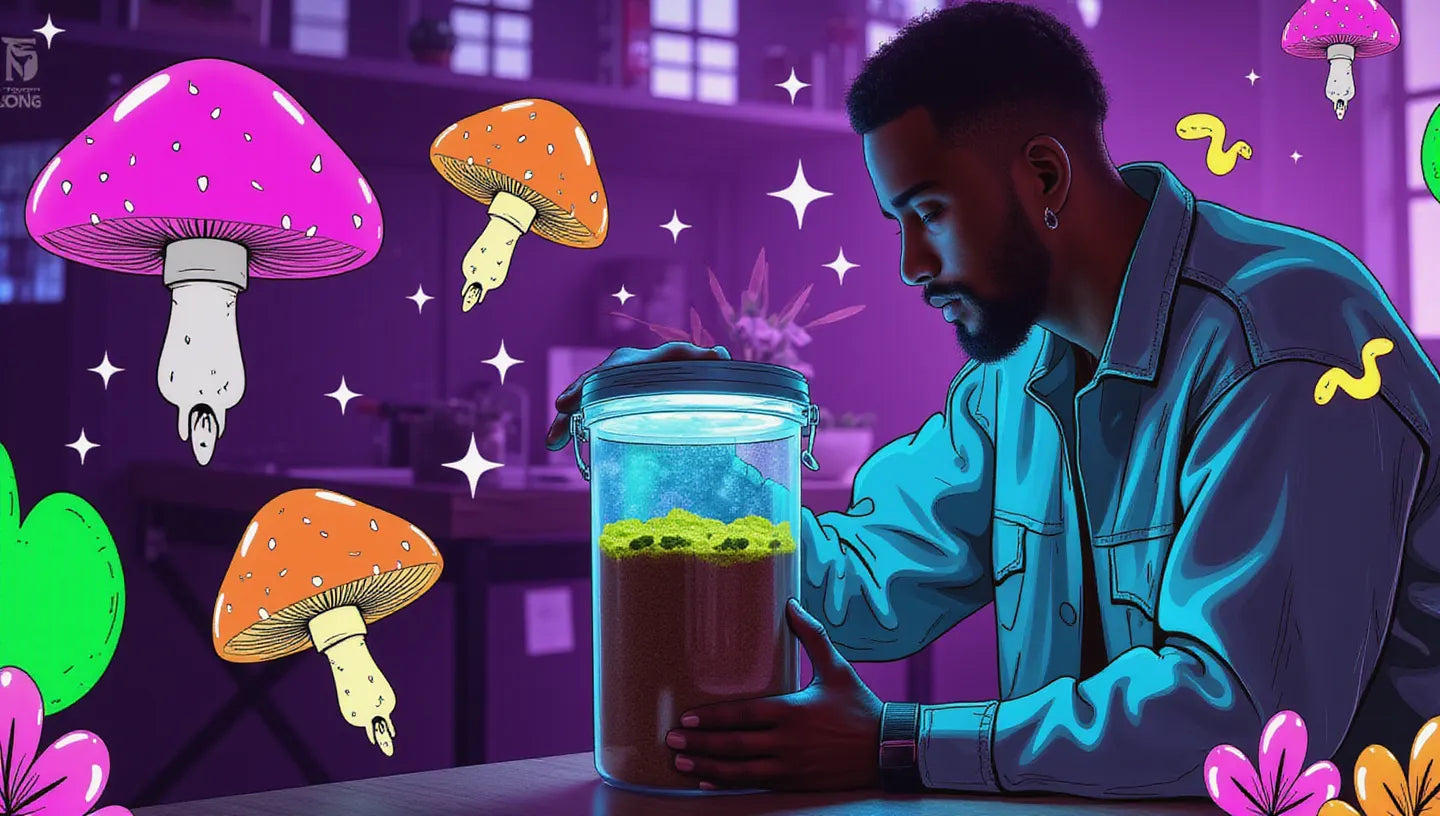
Can You Reuse Mushroom Substrate?
Reusing mushroom substrate boosts yields and sustainability. Grow more, waste less with Zombie Mushroom grow kits and reusable blocks.

Growing Mushrooms Indoors: Worth It in Winter?
Grow mushrooms indoors this winter with low-light setups, easy species, and simple methods for steady, year-round harvests.
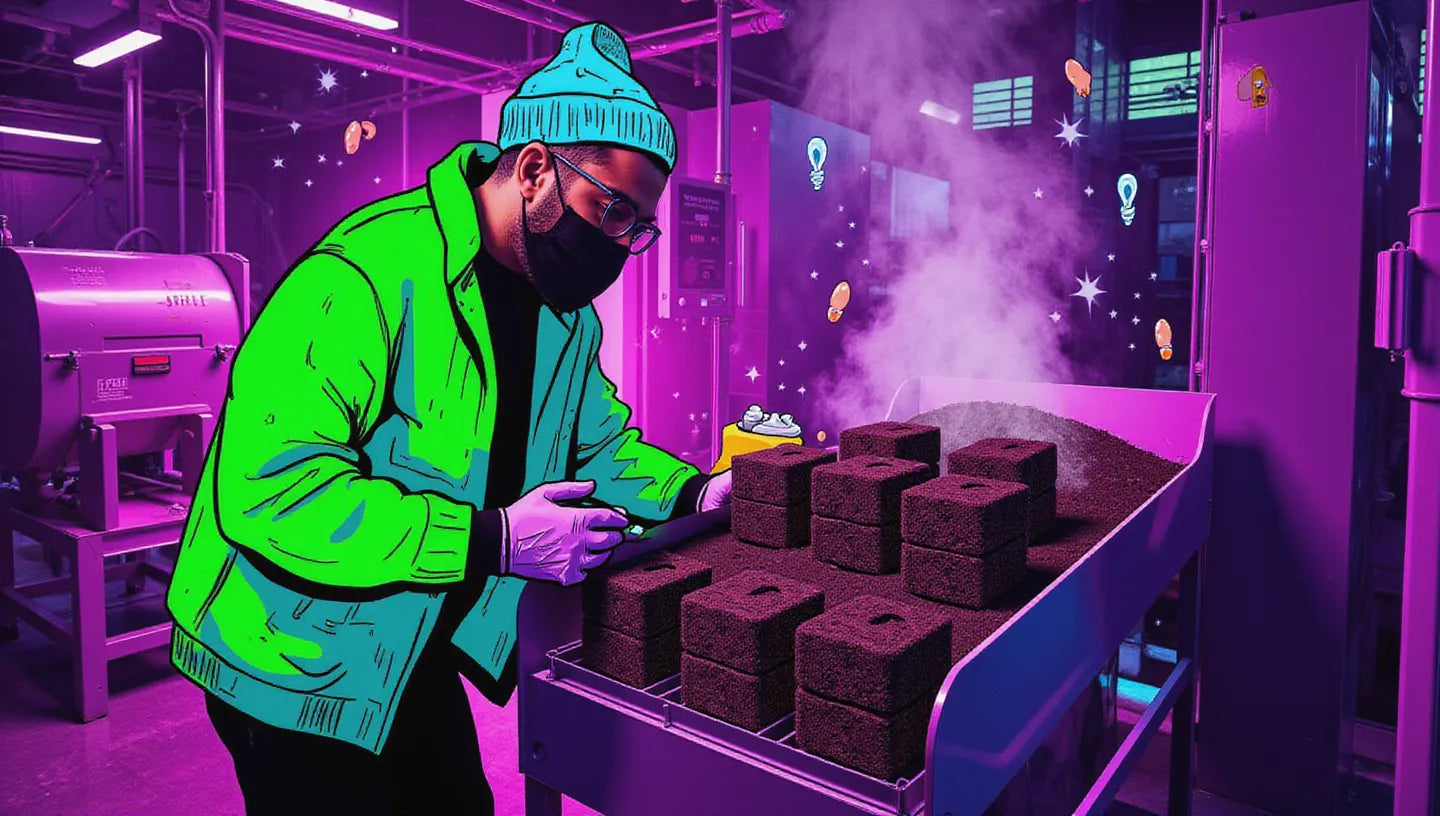
Mushroom Substrate Production: How Big Can You Go?
Learn how to scale mushroom substrate production efficiently—improve yield, cut contamination, and build sustainable, high-output systems.

Mushroom Humidity: Are You Doing It Wrong?
Master mushroom humidity indoors. Learn how dew point, airflow, and surface moisture work together for stronger growth and reliable yields.


